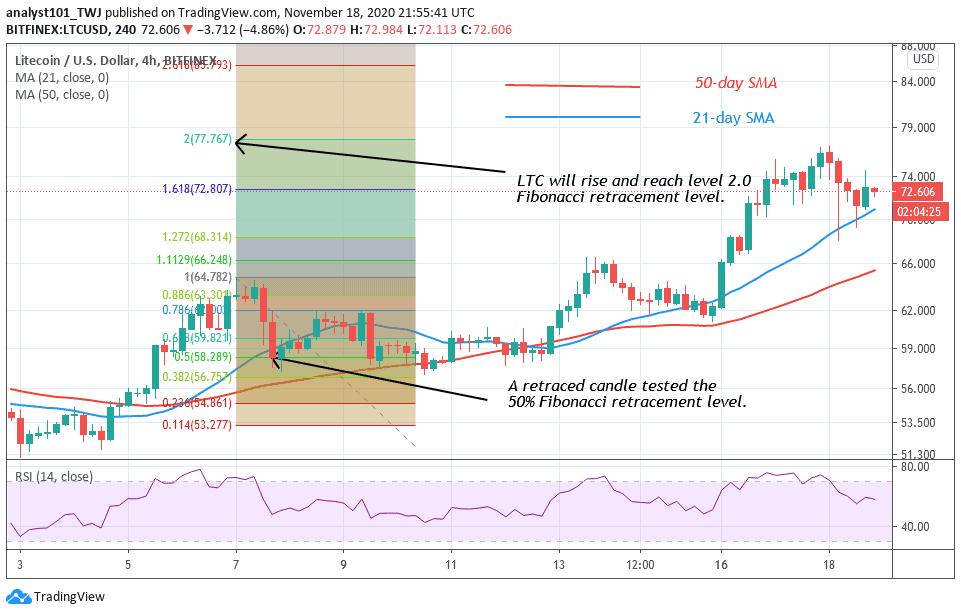Join Our Telegram channel to stay up to date on breaking news coverage
Privacy coins have received a significant amount of pushback in recent times, with regulators wary of their possible criminal links. In what could be a trend from now on, South Korea, a major crypto hub, has confirmed that it would ban these assets in the new year.
Cutting Out Criminal Activity
Earlier this month, South Korea’s Financial Services Commission (FSC) confirmed in a release that it would crackdown against all privacy coins from March 2021. The agency confirmed updates to the Special Payment Act – legislation covering the legality of cryptocurrencies in South Korea.
The new legislation confirms that exchanges and virtual asset custodians would be restricted from handling privacy coins from March.
The FSU explained that the action was significantly due to privacy coins’ inherent nature and the difficulty involved in trading them. Calling the assets “dark coins,” the agency explained that they have high risks of association with money laundering and other criminal activities.
With no viable way to trace these assets – which include Monero, DASH, and ZCash – the FSA is dissociating itself from them entirely.
Besides the ban on privacy coins, the amendments to the Special Payment Act also bring new anti-money laundering (AML) and know-your-customer (KYC) requirements for exchanges. Beyond not dealing with privacy coins, asset custodians and service providers would now have to confirm their customers’ real names. All customer names would need to be verified against personal data from government records.
All concerned asset custodians would need to send reports of their policy implementations within six months of the legislation’s enactment,
All Eyes on Privacy Coins
The ban is the latest in anti-privacy coin sentiment that appears to be sweeping the crypto space. Companies and regulators alike are camping down on the assets, with most hoping to cut their use in criminal activity.
In October, a report from the U.S. Department of Justice alleged that privacy coin holders could be engaging in “high-risk” activity. Titled “Cryptocurrency: An Enforcement Framework,” the report explained that privacy coins could undermine existing AML and counter-terrorist financing (CTF) regulations put in place by crypto companies. It cited the usual suspects – Monero, ZCash and DASH.
“The Department considers the use of AECs to be a high-risk activity that is indicative of possible criminal conduct,” the report stated. “AECs are often exchanged for other virtual assets like Bitcoin, which may indicate a cross-virtual-asset layering technique for users attempting to conceal criminal behavior.”
Crypto exchanges have also started cutting access to privacy coins. Earlier this month, Colorado-based ShapeShift delisted the assets listed above. Veronica McGregor, ShapeShift’s chief legal officer, told CoinDesk that the action was due to regulatory concerns. She declined from revealing any plans, merely saying that they weren’t working with the assets for now.
DASH has pushed back against what appears to be a newfound bias against these assets. Speaking with Cointelegraph, Dash Core Group chief financial officer Glenn Austin explained that it all boils down to an education issue. He also pointed out the Justice Department’s report, explaining that many exchanges were merely looking to appease the government.
Join Our Telegram channel to stay up to date on breaking news coverage


